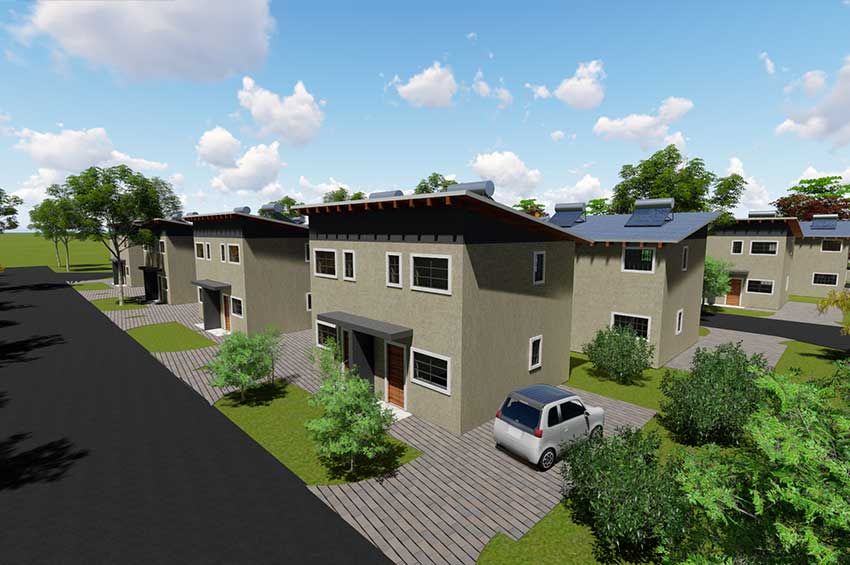The efficacy of innovative technology in improving the performance of low cost housing in South Africa
A case study

The purpose of this paper is to evaluate the efficacy of Science, Technology and Innovation (ST&I) interventions piloted on the Kleinmond Sustainable Human Settlement Project. Design/methodology/approach. Two surveys were undertaken: the first was a condition assessment of the ST&I interventions applied (quantitative analysis) and the second to obtain the views of the beneficiaries of the ST&I interventions through structured interviews (qualitative analysis). The condition assessment found that the anticipated performance enhancements were achieved.
The interviews found the services interventions were perceived as beneficial but that better communication and training for their purpose, performance and use was required. Research limitations/implications (if applicable): As there were 411 housing units a representative sample was used for inspection and interview purposes. The condition assessment only considered the outcomes from those ST&I interventions applied and not the development as a whole. The research has resulted in the development of a viable and sustainable innovative low-cost house type. The research also highlighted challenges on how beneficiaries interact with ST&I interventions. The paper will be of value to all stakeholders involved in the planning and design of human settlements.


Comments